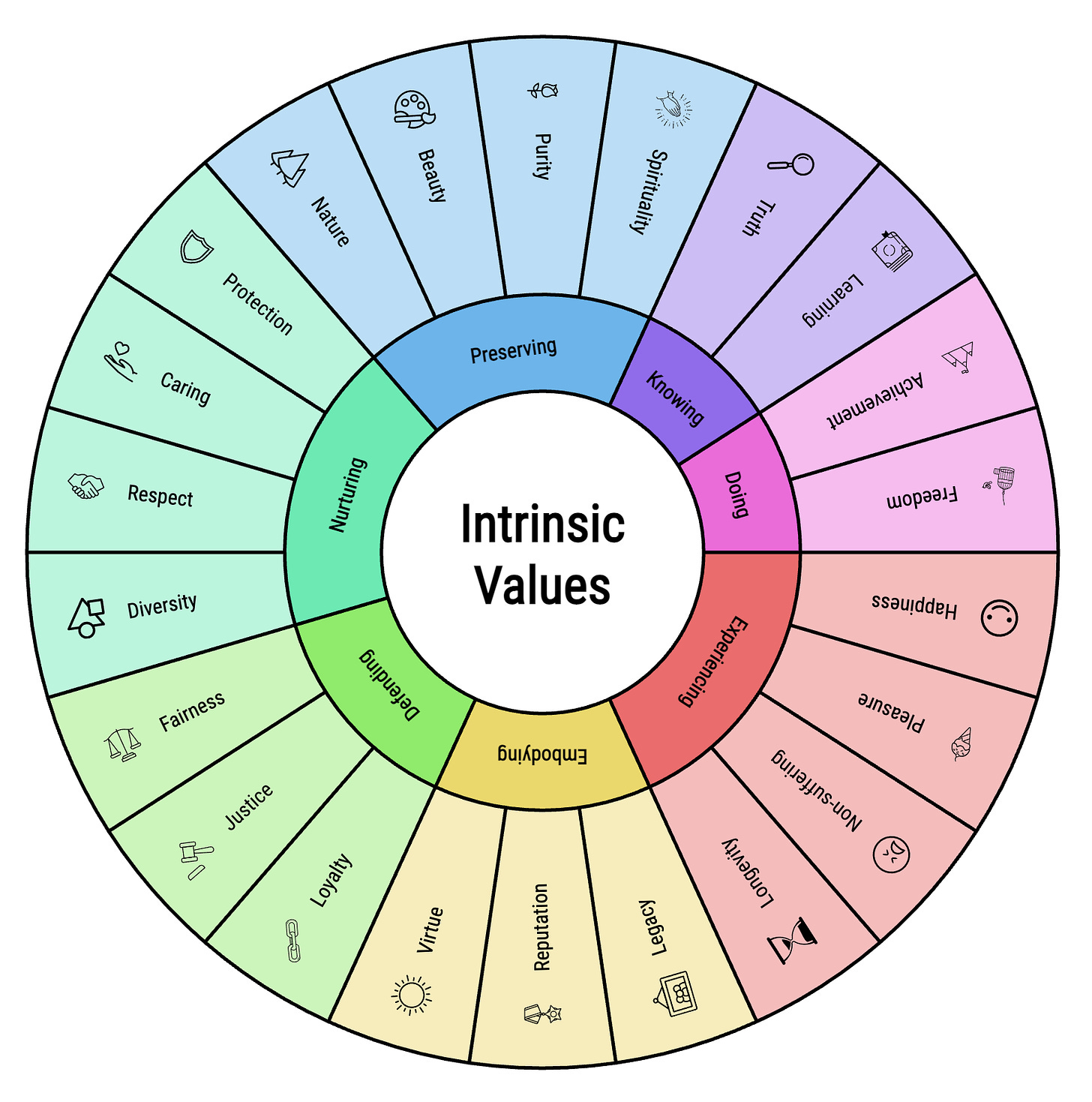Happy Saturday! Here are your five things from the mind of Miles for this week.
Ideation Workshop. Have you ever wondered how to have startup ideas? Then join us for an ideation workshop on Feb 17 (email me for details). Purpose Built will host this session to share repeatable and reliable processes for generating ideas. You may know some of them from my list on Venture Patterns, but we’ll share others as well. And we’ll get hands-on practice using a few of the techniques in a playful way. If you have interest but can’t make that date, let me know.
Cold Start Problem. The new book The Cold Start Problem deserves a place in any startup advice library. It attempts to be the definitive guide to network effects in business and product development. (NFX may have something to say about that.) While there are great insights, it is worth reading if for no other reason to learn the lingo. Do you know these phrases: social-network old money, hard side, big bang launch, atomic network and cherry-picking? In addition to collecting knowledge in one place, the largest contribution is going deep on anti-network effects including spam, congestion and context collapse. Anti-network effects are the reasons that networks don’t grow to infinite users. The book also contains an interesting argument for centralized decision making on the rules and products to help manage those anti-network effects. Is that an argument against Web3 complete decentralization? Overall the book argues that startups can beat incumbents even in network effects businesses. Network effects don’t guarantee winner-take-all.
ESG Round Up. Firms of Endearment makes a strong case that more stakeholder-oriented companies also have strong stockholder performance. Others argue that investing based on Environmental Social and Governance factors is logically inconsistent and there is little evidence of excess investment returns. Blackrock’s CEO is again attempting to promote ESG in a way that won’t offend anyone. Is he merely selling ESG funds that charge higher fees? Or is he saying too little too late?
Kids and Working. Have you noticed that adults doing knowledge work is too abstract for kids? If you’re doing something physical like building, cleaning or carrying, they may want to join in or they may want to play instead. But they are less likely to interrupt and demand attention if they can see what you’re working on. When I’m at the computer or trying to write, it seems our kids are more likely to assume I’m not doing anything important. Do you have the same experience? Why is that? Is it as simple as one is tangible and the other more abstract?
Assessments. I’m learning more about psychometric assessments (like personality tests). Which ones have been important in your life? Meyers-Briggs seems well known but not scientifically “approved”. I think DISC is in the same category but it did help us at my first startup to understand each other better. Gallup Strengthsfinder is one I plan to take. VIA signature strength was fun and has been helpful to me. It identified Love of Learning as my top strength. Are you surprised? I did not get much from Hogan. MSCEIT and EQ-i 2 seem less well known and measure EQ. (While not strictly a personality test, I recommend the intrinsic values test!) Have you ever done any of these? Which other ones should I learn about?
Until next week,
Miles



